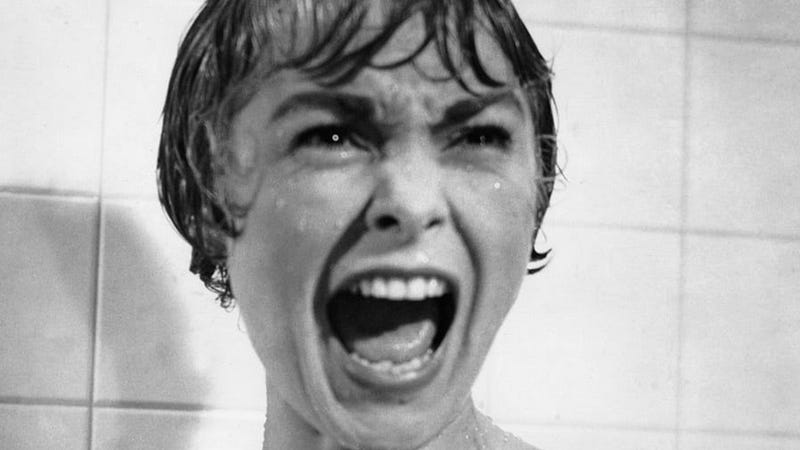Why are we afraid?

What is Fear?
Fear is a self preservation protocol; whenever the organism detects a threat it activates fear to protect itself.
Fear is a powerful response to a stimuli which is perceived as a direct or indirect threat to the survival of an organism. Apart from real fear triggers like violence, abuse or imminent danger most of our fear is imagined. The harm of imagined fear is greater than what reality has the ability to inflict. Imagined fear falls under the category of irrational fear. In irrational fear, harm is intended by the “other”. The “other” is anything divorced from ourselves; people or providence. Paranoia is the driving force behind irrational fear, where we believe the “other” is conspiring to intentionally harm us. Paranoia arises from faulty mental models of the world. In order to understand fear, we first need to differentiate if its either real or imaginary.
Fear is the go-to survival mechanism of the organism. It is beneficial for the survival of the organism to exaggerate the magnitude of a threat than to underestimate it. If our ancestors ran into a pride of lions and were unafraid, they became a menu item on the lion buffet. Thus, for our ancestors, it would be far prudent to run from a faint rustle of leaves, than to take a chance and be pounced by a jaguar. The greater the fear, the greater the chance of survival. The greatest subconscious fear of the human animal is its inability to pass on its genes. This implies, fear has been genetically programmed in our collective conscious.
The problem with fear arises when we react to situations whose outcomes are incongruent with reality. Humans evolved to survive on the African Savannah but modern-day life is a far cry from the harsh environment of our ancestors; it is much safer, easier and predictable, yet we still remain afraid. Man is master of Earth and its elements (to a degree) and has shaped his surroundings to his will. Yet we do not share the same fears because we are all confronted with different realities in life. Modern fear is a subjective experience and is relative to the organism. The fears of a man living in the poverty stricken slums of Bangladesh is different to the fears of a woman residing in an affluent neighborhood in Australia. This means fear can not be equated on everyone to the same severity. We are all afraid, but are afraid due to different reasons.
The root of fear and almost all negative emotions can be traced to a “lack of control” on outcomes. Control intrinsically, implies a contrived outcome. If we can control everything, we would choose the most favorable outcomes for us. However, reality does not operate for our selfish prerogative. The universally shared existential fear is of hazard and fear is a by-product of hazard. The complexity of the world and the agencies of hazard and randomness makes it impossible to predict any outcome. Thus, we live in perpetual fear of the unknown.
The probability of a negative outcome of any situation is called risk. Fear is contingent upon risk and vice-versa and we all take risks depending on our nature. In the end, we must realize that fear is a part of the human condition, there is no escape from it. We do however, need to confront and purge irrational fears from our lives as they are destructive and debilitating.
I would like to leave you with a quote from the book Dune by acclaimed author Frank Herbert:“I must not fear. Fear is the mind-killer. Fear is the little-death that brings total obliteration. I will face my fear. I will permit it to pass over me and through me. And when it has gone past I will turn the inner eye to see its path. Where the fear has gone there will be nothing. Only I will remain.”
